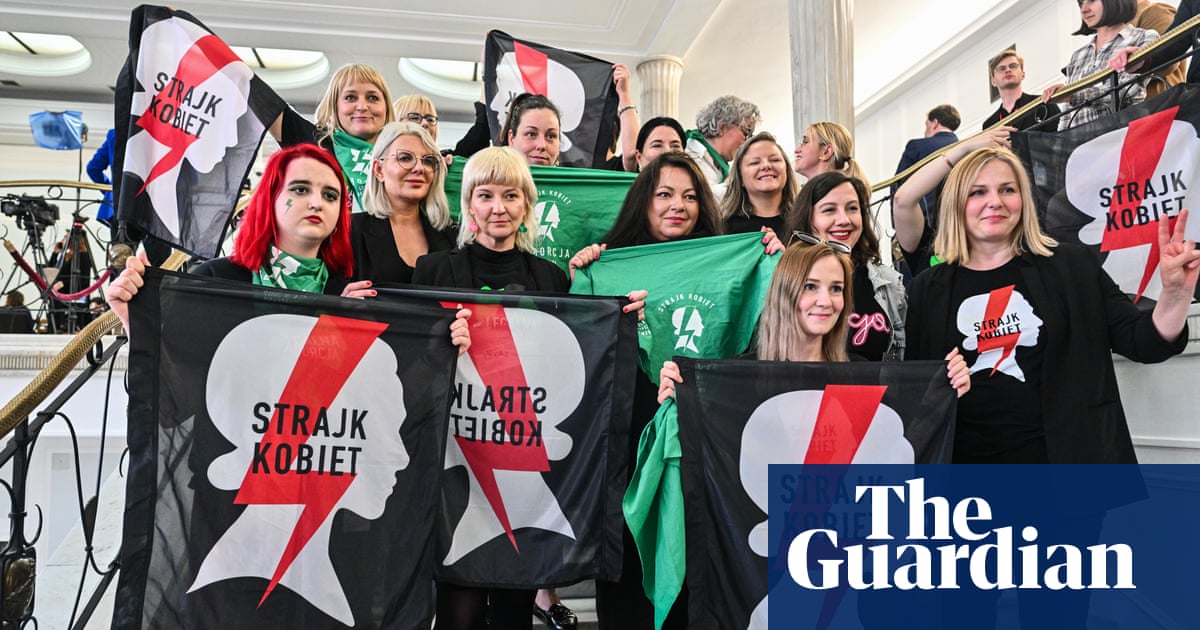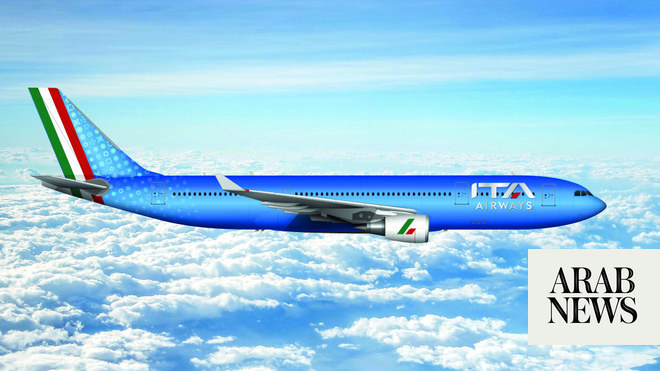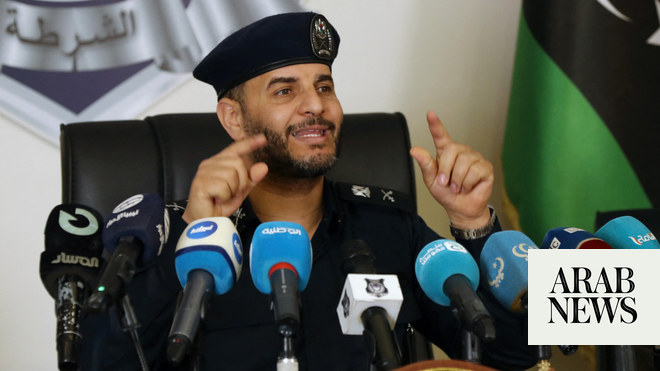
The recent battles that the Libyan National Army (LNA) has waged to recapture the oil crescent region from militias prompted several several politicians, especially in eastern Libya, to demand the international community to lift the arms ban imposed on the military since 2011.
The end of the ban will allow the army to confront the militias that have destroyed the people’s source of income when they seized the northeastern oil region, they explained.
United Nations special envoy to Libya, Ghassan Salameh, has constantly underlined the need to maintain the arms embargo, drawing criticism from local powers.
Speaker of the Tobruk-based parliament Aguila Saleh renewed on Friday his call on the UN and Security Council to end the ban and arm the LNA.
His media aide, Fathi la-Marimi told Asharq Al-Awsat that the military is confronting terrorism and defending the rights of the people.
The end of the embargo will empower the military and enable it to safeguard the country’s borders against mercenaries, smugglers, criminals and other threats, he added.
MP Saleh Hashem Ismail, of the Tobruk-based parliament, stressed that the Libyan armed forces have proven at various stages, especially during recent developments, that they protect the nation and its resources.
“The embargo must therefore end immediately,” he demanded.
“The elimination of terrorism is a goal shared with all the world. The UN envoy therefore does not have the right to call for maintaining the ban,” he said.
“Salameh is ultimately an envoy or an employee. His mission is to bridge gaps between the Libyans and he should not go beyond the limits of his duties,” he remarked.
Salameh had recently told members of the Security Council that the current arms ban against Libya “was more important now than ever before … there are currently 20 million pieces of arms in the country.”
Ismail condemned the envoy’s statements, saying: “Some Libyan powers have granted him internal jurisdictions that have nothing to do with his responsibilities. His posts on Twitter have even become like orders that the people must follow.”
He said that advocates of the embargo should be ignored in order protect the resources of the people against destruction and militias.
In March 2011, the Security Council issued resolution 1970 that bars all member-states from selling or supplying Libya with weapons. The resolution was renewed in June 2017 given the still turbulent situation in the country.
For over a year-and-a-half, Prime Minister of the Tripoli-based National Accord Government Fayez al-Sarraj has not demanded an end to the arms ban.
A Libyan politician interpreted the international community’s reluctance to end the embargo to its concerns over whose hands the weapons will fall into: The LNA, led by Khalifa Haftar, or internationally-recognized government, led by Sarraj.
“The militias throughout the country have made financial and security gains that they preserve through the force of arms. They are ready to destroy the people’s resources if they need to,” he added on condition of anonymity over security concerns.
“The necessary question should be: How do you collect these weapons from these militias?”
Separately, Haftar said it was too soon to determine whether he will run in the country’s upcoming presidential elections, saying it was premature.
He will take his decision when the necessary constitutional conditions and electoral law are available, reported Egypt’s al-Ahram magazine on Thursday.
On whether the LNA will accept the participation of the armed groups and Muslim Brotherhood in the electoral process, he said: “Only the electoral law can determine these issues and this is a matter that concerns the parliament and no one else.”
“If the law permits their running in the elections, then their victory or defeat will lie in the hands of the people,” he continued.
“Given their past bitter experience, the Libyan people know better than to be deceived twice by the Brotherhood,” Haftar stressed.












